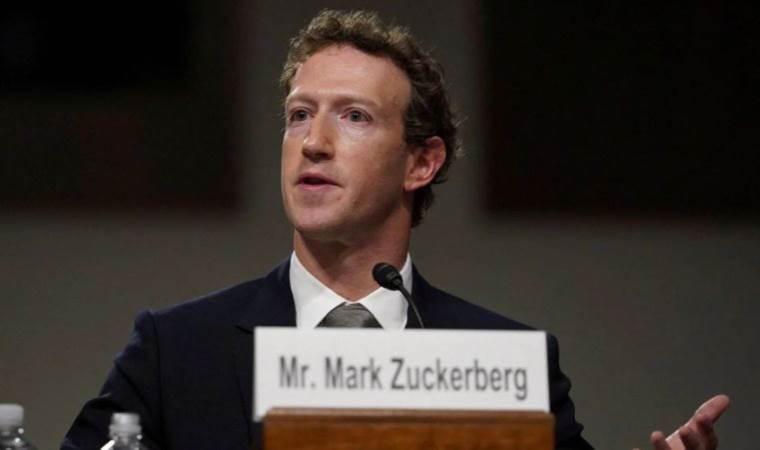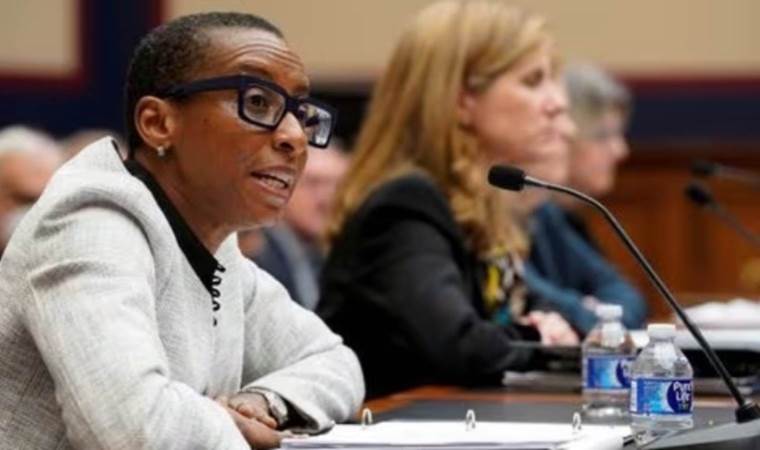Harvard board ballot excludes billionaire-supported nominees
Billionaire investor Bill Ackman and Facebook founder Mark Zuckerberg, both separately endorsing candidates critical of Harvard University's handling of various issues, did not succeed in their bids to place four and one respective nominees on the ballot for the Ivy League school's governing board. This development followed recent turmoil at Harvard involving accusations of antisemitism, plagiarism, and financial mismanagement.

Ackman led a campaign amid these controversies, particularly after Harvard President Claudine Gay's resignation last month, which stemmed from criticism over her response to antisemitism on campus after the Hamas attack on Israel on October 7 and allegations of plagiarism from her early academic career. Gay, Harvard's first Black president, and the university have denied these allegations, with Gay stating her resignation was in the best interest of Harvard amidst the controversy.
The Board of Overseers, Harvard's second-highest governing body with the authority to approve or reject the hiring of the university's president, holds annual elections for five of its 30 seats, with only Harvard alumni eligible to vote. Late Friday, several candidates were informed by Harvard that they failed to meet the necessary threshold for ballot inclusion. Zoe Bedell, one of Ackman's four supported candidates, reported receiving between 2,300 and 2,700 votes each, while Sam Lessin, backed by Zuckerberg, received 2,901 votes. A total of 3,238 votes were required for ballot placement.
Ackman, a Harvard alumnus with significant donations to the university, has been vocal about the need for change and believed the candidates he supported would bring fresh perspectives to the board. The Harvard Alumni Association typically nominates candidates, and those seeking inclusion without the association's endorsement face significant challenges. In 2016, Harvard raised the signature requirement for non-endorsed candidates from 200 to 1% of the previous election's eligible voters, arguing that an open nomination process could allow special interests to hijack it.
Lawrence Summers, former Harvard president and U.S. Treasury secretary, expressed support for the dissident candidates, encouraging challenges to Harvard's traditional leadership. Zuckerberg, who left Harvard in 2004 to found Facebook, supported Lessin, an investor and former Facebook colleague. Ackman backed the Renew Harvard group, advocating for free speech, protection against bullying and harassment, and addressing financial mismanagement. This group criticized Harvard's endowment performance, which lagged behind the broader market's gains.
Despite not securing enough votes for ballot inclusion, the Renew Harvard slate plans to continue advocating for their issues and will attempt to become write-in candidates in next year's election. Other candidates, including historian Todd Fine and attorney Harvey Silverglate, also launched campaigns, underscoring the ongoing debate and activism among Harvard alumni regarding the university's direction and policies.
Most Read News
-
 Dhaka urges India to identify, punish perpetrators who k
Dhaka urges India to identify, punish perpetrators who k
-
 S&P downgrades France's credit rating
S&P downgrades France's credit rating
-
 UN rights chief says human rights must guide Gaza's reco
UN rights chief says human rights must guide Gaza's reco
-
 Death toll at 72 in Mexico following intense floods
Death toll at 72 in Mexico following intense floods
-
 University of Virginia rejects Trump administration’s ‘a
University of Virginia rejects Trump administration’s ‘a
-
 Israeli extremist group blocks humanitarian aid to Gaza
Israeli extremist group blocks humanitarian aid to Gaza
-
 TRNC voters to head to polls Sunday for presidential ele
TRNC voters to head to polls Sunday for presidential ele
-
 Swedish police suspect hate crime in Thursday night's mo
Swedish police suspect hate crime in Thursday night's mo
-
 New Caledonia pro-independence group opposes postponemen
New Caledonia pro-independence group opposes postponemen











